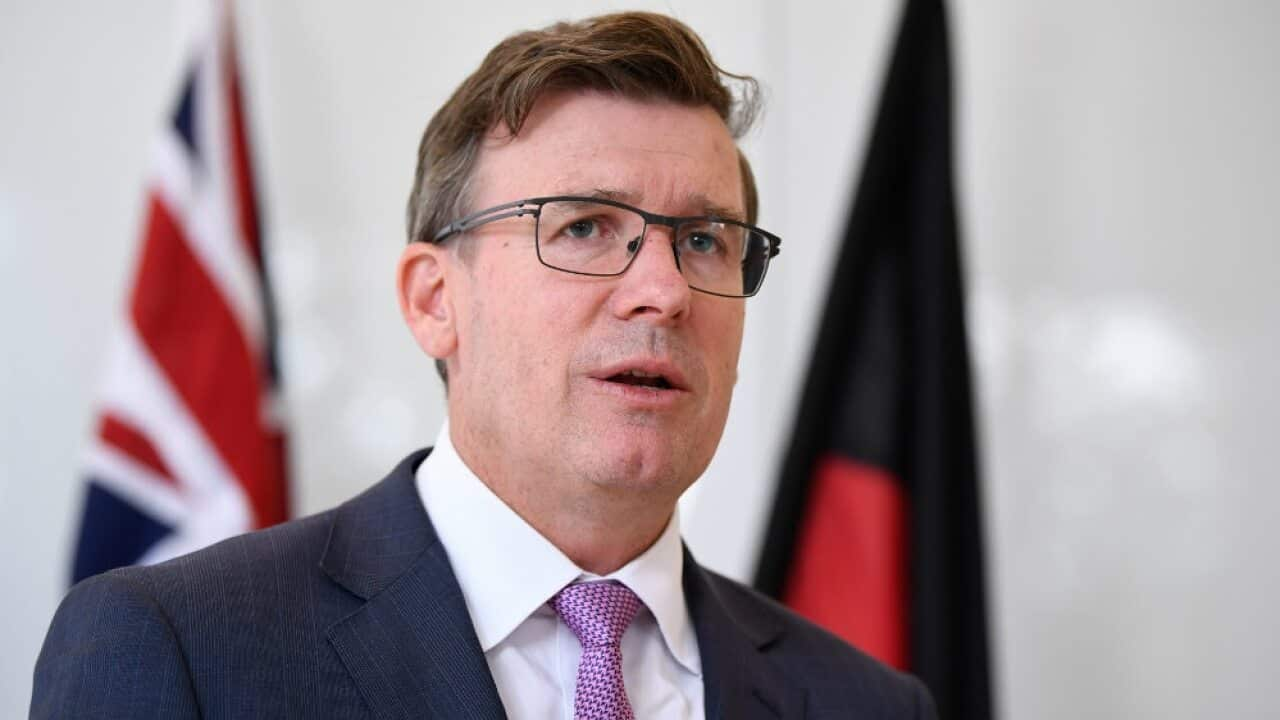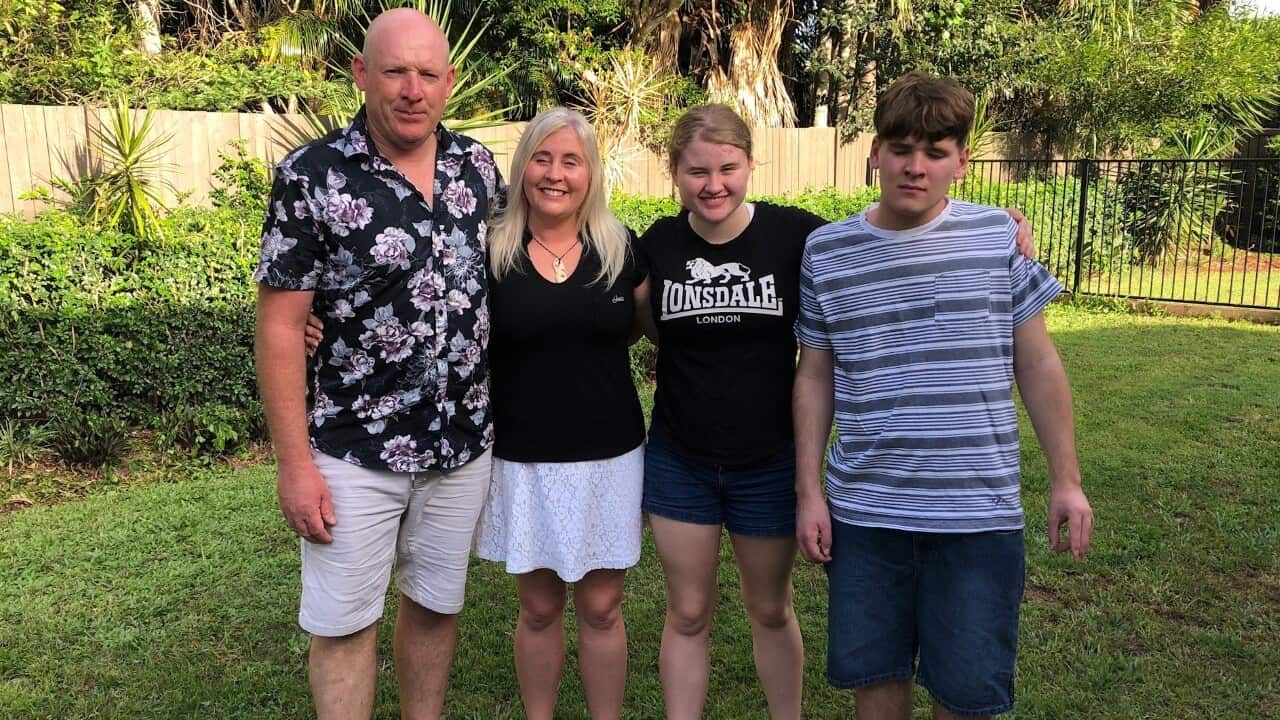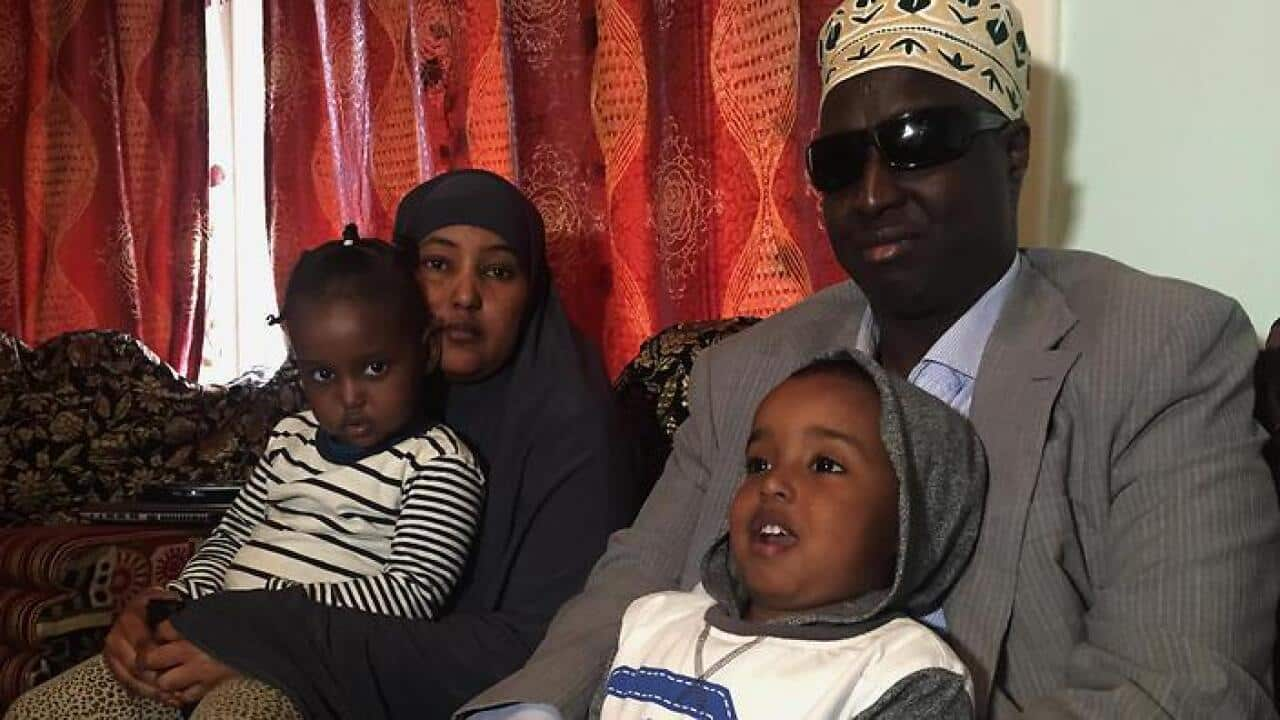Restrictions on temporary visa applicants with a disability or health condition hoping to travel to Australia have been quietly eased by the government.
International students, temporary workers and tourists are subject to the government’s immigration health requirement, which dictates that visa applicants be free from disabilities or illnesses which “would be likely to require health care or community services" and .
Previously, the estimate included the cost of state disability services despite temporary visa holders being ineligible to access those services which have been replaced by the National Disability Insurance Scheme (NDIS).
This meant potential short-term visitors to Australia were being barred due to the hypothetical cost of government services they would never be able to use.
But as of 1 April, the Department of Home Affairs said they would no longer take state disability services into account when assessing temporary visa applicants, potentially opening the door for thousands of temporary migrants who had previously been rejected.
“Health Policy has issued an interim instruction to implement changes to the costing model for visa applicants, in light of the NDIS rollout and the restrictions on eligibility for such services,” the department said in an email to Jan Gothard, a migration agent who specialises in health and disability at Estrin Saul Lawyers, earlier this month.
Dr Gothard has long lobbied the government to change the rule, which she described as an “anomaly”.
“The Medical Officer of the Commonwealth (MOC) would cost applicants for temporary visas for these costs as if they were eligible,” she told SBS News.
“In terms of government revenue, it makes no difference because these people could not access those services anyway.”
Earlier this year, western Sydney resident Hoda experienced the impact of the anomaly first hand when her brother-in-law, who lives in Lebanon, had his application for a three-month tourist visa to Australia rejected because he lives with cerebral palsy.
Mohammad, 30, uses a wheelchair and has limited speech but does not require frequent medical treatment.
The department put the cost of state disability services for his three-month stay at $50,750, just above the $49,000 threshold, despite him being unable to access those services.
“He has the right to travel just like everybody else, to go and visit family just like anybody else, he is not less of a person because he’s disabled,” Hoda, who did not wish to use her last name, told SBS News at the time.
“Why do we have things on his cost breakdown, that's potentially prevented him from being able to visit because he's going to cost this much, that he can’t actually access?”
As a result, the family of four - Mohamad, his parents and brother - were forced to cut their much-anticipated Australia trip short to two-months (which brought Mohammad’s cost estimate under the threshold), missing Hoda’s 12-year-old daughter’s birthday.
Hoda and her husband, who are both Australian citizens, were also forced to spend more than $5,000 on migration agents to overturn an initial rejection after the severity of Mohammad’s condition meant he did not pass the immigration health requirement.
“They’re just playing with people's lives,” Hoda said.
According to Dr Gothard, under the new changes, Mohammad’s application would never have been rejected but noted that travel restrictions imposed due to the coronavirus pandemic mean the benefit of the new rules will be delayed.
Dr Gothard predicts that the change will most significantly impact temporary workers and students, who spend more time in Australia than tourists, which results in higher cost estimates.
“It’s really important because student visa applicants have no waiver, they have no capacity to argue and say ‘I shouldn’t be considered for this because I can’t access it’,” she said.
“Tourist visa applicants, such as Hoda, there is also no waiver, so she couldn’t go back to the department and say these costs are ridiculous … there is no room to argue with these costs.”
CEO of the National Ethnic Disability Alliance (NEDA) Dwayne Cranfield has repeatedly expressed concerns regarding the use of the health requirement to limit access to tourist visas for people with a disability.
He has previously told SBS News his organisation saw “a handful” of cases last year of people being denied tourist visas due to their disability, most often young people with autism or down syndrome.
“We don't know how many people this has happened to that we haven't seen, that we don't know about. I suspect the number is significantly higher,” Mr Cranfield said.
, is calling for the government to re-examine a 2010 report into the migration health requirement which found people with disabilities were being unfairly discriminated against under the rule.
In an email earlier this month, the Department of Home Affairs said policy documents were yet to be updated with the changes but that visa processing teams had been informed of the new policy.
“[Migration] agents need to know this so they can go to the Department and say ‘can you redo the costings please because they are no longer valid’,” Dr Gothard said.
The Department of Home Affairs has been contacted for comment regarding the change.
The department previously told SBS News: "The current policy does not discriminate against applicants who have a disability or illness, or a combination of both, with all applicants being treated in an equal and fair manner."
Have you been affected by the immigration health requirement? Get in touch at [email protected] or at @maanitruu on Twitter.












